1. Swimming Pools
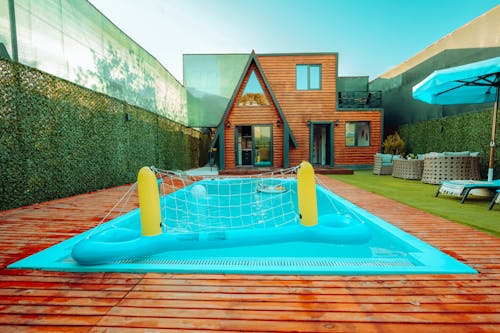
Insurance companies know pools are a liability magnet, so they often demand higher premiums or exclusions. Slips, falls, and diving accidents are just the start of what they worry about. Even if your policy covers the structure itself, liability coverage can be a different story. Without extra coverage, you could end up paying out of pocket for accidents.
Adding a pool also increases your property’s value, which insurers may not automatically adjust for. If they don’t, you could be underinsured for repairs or replacement. They may also require you to install safety features like fences or alarms. Skip those, and you could lose coverage altogether.
2. Hot Tubs and Spas
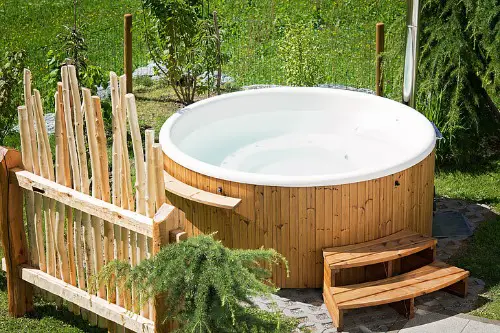
Much like pools, hot tubs are viewed as high-risk by insurers. They’re small but come with the same dangers of drowning, slipping, and even electrical hazards. Your standard policy might cover the structure, but liability is often capped or excluded. Many insurers won’t cover claims unless you’ve taken safety precautions.
Another wrinkle is water damage from a malfunctioning tub. If it leaks into your floors or basement, your insurer could argue it’s maintenance neglect. That means you’d be stuck footing the bill for repairs. The burden is often on you to prove it wasn’t avoidable.
3. Trampolines

Trampolines seem like harmless fun, but insurers treat them like lawsuits waiting to happen. Broken bones, head injuries, and even neighborhood kids sneaking on can create big liability claims. Some insurers exclude trampolines altogether. Others will only allow them if strict safety measures are in place.
Even when allowed, claims are rarely straightforward. If the trampoline isn’t secured or inspected regularly, your insurer can argue negligence. That means they may deny medical or liability payouts. It’s why many families discover too late that their “backyard fun” isn’t fully protected.
4. Home Offices
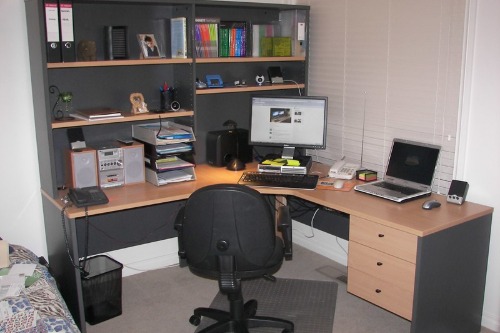
With more people working from home, insurers are scrutinizing how houses double as workplaces. Standard policies usually exclude business-related equipment or liability. That means your expensive computer setup or client injury might not be covered. You often need a rider or separate business policy.
Even if your home office looks simple, insurers see it as a gray area. Deliveries, meetings, or even packages left at your door can complicate liability. If an accident happens during business hours, your claim may get denied. It’s an easy oversight that many remote workers don’t realize.
5. Finished Basements
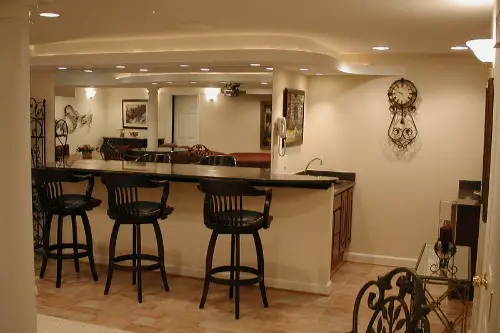
Basements are notorious for water issues, and insurers know it. A standard homeowners policy usually doesn’t cover flooding or groundwater seepage. Even burst pipes may be treated as a maintenance problem if the insurer thinks you ignored warning signs. That means your beautifully finished space could be uninsured.
Additions like built-in bars or home theaters make the risks higher. If water damage ruins your upgrades, the payout may only cover basic repairs. You’d be left replacing your custom features on your own dime. Flood insurance is usually needed to close that gap.
6. Solar Panels

Solar panels are marketed as money-savers, but they can complicate insurance. Some insurers don’t automatically cover them as part of the home’s structure. Others worry about roof damage, electrical fires, or injuries during installation. That leads to arguments over who pays when something goes wrong.
If panels are leased instead of owned, the insurance situation gets even messier. You may need to cover liability while the solar company covers equipment. Policies often have exclusions for panels improperly installed. Without clear documentation, claims can drag on for months.
7. Detached Structures
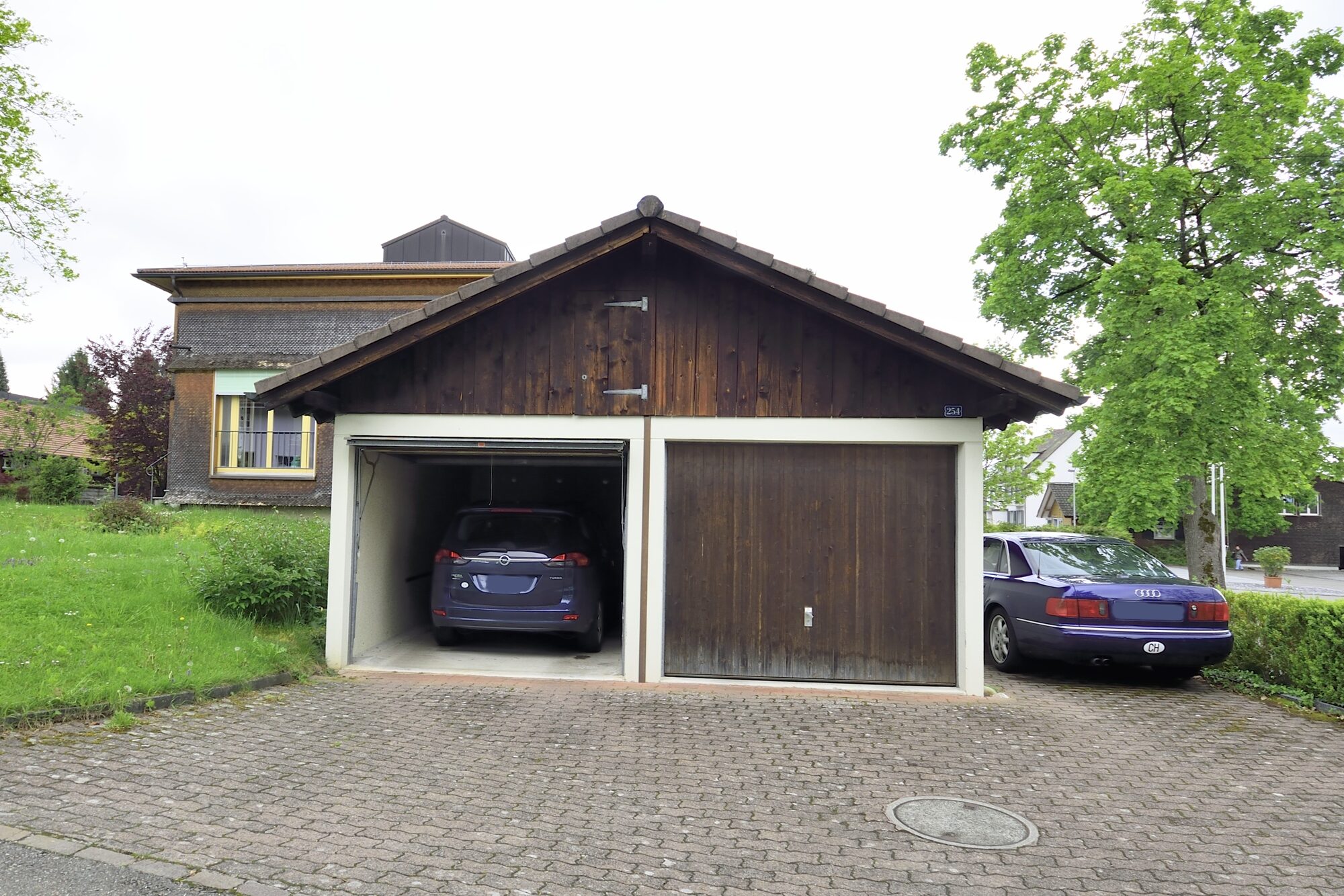
Think garages, sheds, or guesthouses—these don’t always get the same protection as your main house. Standard policies often have separate limits for “other structures,” which may be far lower. If you build something larger or fancier, your coverage may not keep up. That leaves a big financial gap in case of fire or storm damage.
Liability can also be an issue if you rent out or use the structure differently. For example, turning a shed into a rental cabin could void coverage. Insurers argue that business use changes the risk level. Unless you adjust your policy, claims could be denied outright.
8. High-End Kitchens
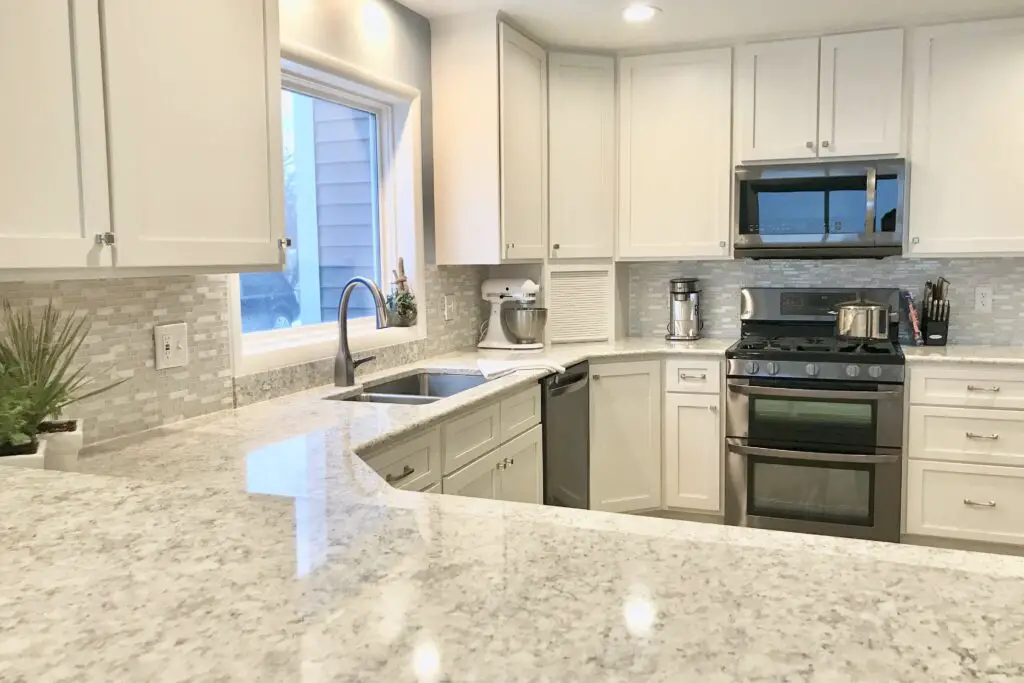
Upgrading to luxury appliances and custom finishes feels like a dream, but insurers may only cover “like kind and quality.” That means your payout could reflect a basic kitchen, not the one you built. Granite counters, smart ovens, and imported tiles may not be fully valued. You could be shocked at how little a claim pays back.
Insurers also look closely at fire and water risks in kitchens. Gas lines, high-powered appliances, and water hookups all add to potential damage. If they suspect poor installation or lack of maintenance, they may reject claims. A costly remodel could leave you with more exposure than before.
9. Wood-Burning Fireplaces

Adding a fireplace can make a home cozy, but insurers see fire hazards. Creosote buildup, sparks, and chimney problems all increase risk. Many policies either exclude chimney fires or demand proof of regular inspections. Without documentation, you’re unlikely to win a payout.
Another issue is structural damage from installation. If a poorly fitted chimney causes cracks or leaks, insurers may claim it’s a construction defect. Those are often excluded from coverage. That means you pay for repairs even if the problem isn’t your fault.
10. Wine Cellars
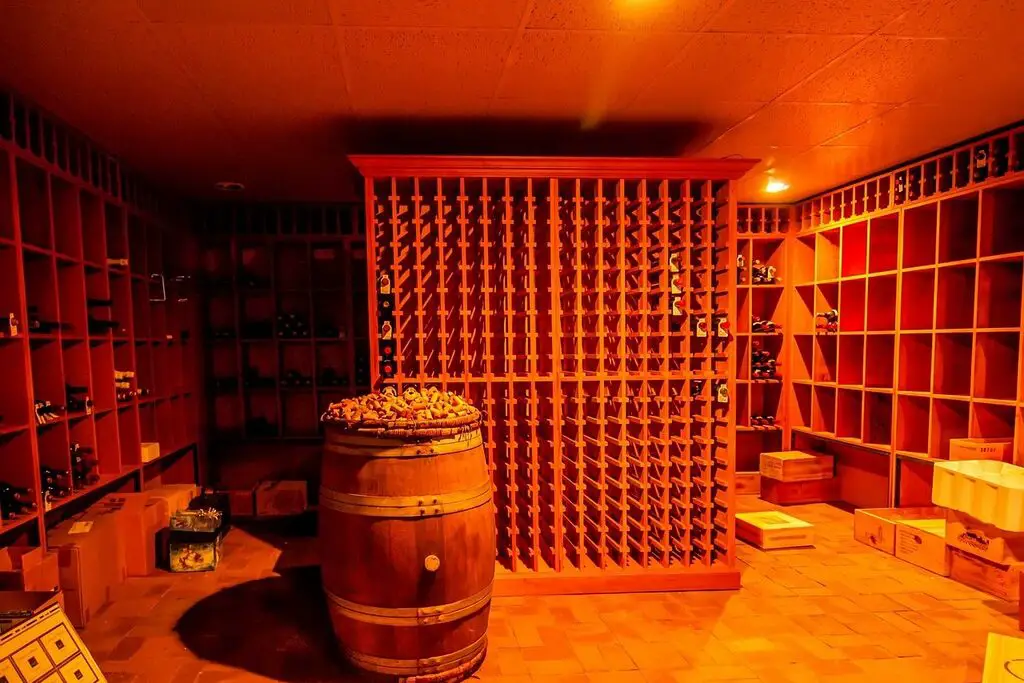
Wine cellars aren’t just fancy—they’re risky in the eyes of insurers. Humidity systems, cooling units, and electrical wiring can all fail. Standard policies rarely cover the actual collection of wine if it spoils. And the expensive build-outs often exceed basic coverage limits.
If your cellar causes water or mold damage, insurers may call it improper maintenance. They also rarely cover damage from power outages that ruin wine storage. Specialty riders are usually needed for both the room and its contents. Without them, you’re left with a very expensive loss.
11. Saunas and Steam Rooms
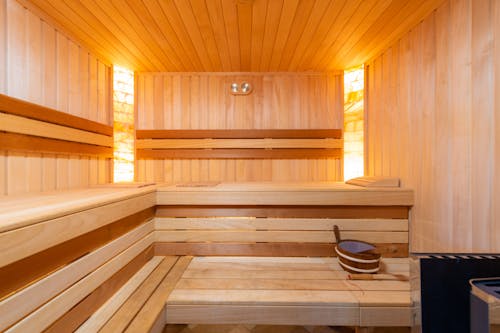
Saunas and steam rooms feel like luxury escapes, but insurers worry about moisture damage. Excess humidity can cause mold, rot, and electrical problems. Most policies exclude mold remediation, so you’d pay out of pocket. If installation wasn’t professional, claims may be denied instantly.
Liability is another sticking point. Heat-related injuries or burns are harder to prove, and insurers push back on payouts. Even if covered, they may argue user error. These additions almost always trigger premium increases or policy restrictions.
12. Large Decks or Patios
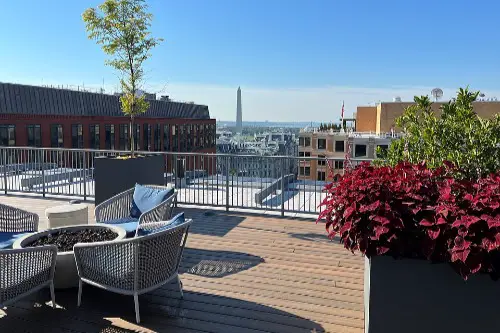
A new deck or patio adds value, but insurers know they’re prone to collapse or injury. Poor construction, rotting wood, or loose railings can cause accidents. If inspections or permits weren’t done, claims are usually denied. That leaves you liable for both repairs and injuries.
Coverage also depends on how the space is used. Hosting large gatherings or renting the space can shift liability risks. Insurers may demand higher premiums or exclude certain claims. It’s a reminder that even outdoor upgrades come with insurance battles.
This post 12 Home Additions That Insurance Won’t Cover Without a Fight was first published on Greenhouse Black.
